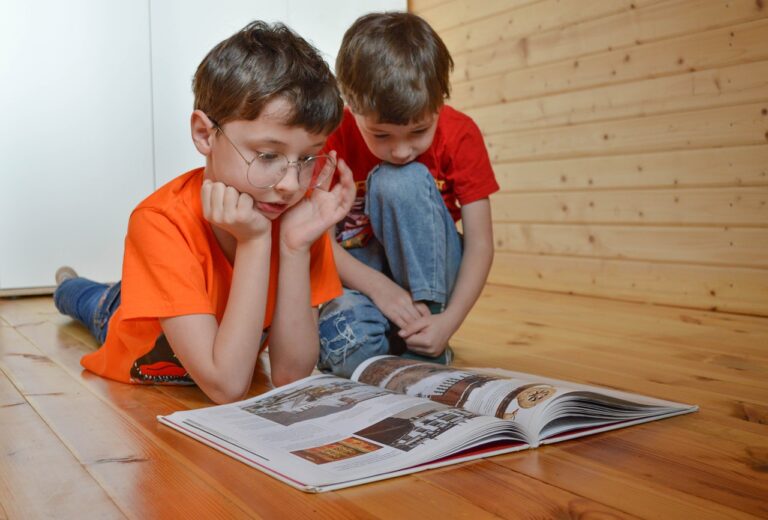Exploring the Benefits of Game-Based Learning for Students with Special Needs
Game-based learning has the unique ability to capture the attention of students with special needs by offering interactive and dynamic experiences. These games are designed to be engaging and motivating, providing a fun way for students to learn and practice essential skills. By incorporating elements of challenge and reward, game-based learning appeals to a wide range of learners, making the educational process more enjoyable and effective.
Moreover, the interactive nature of games allows for customization and adaptation to meet the specific needs and abilities of individual students. This personalized approach ensures that students receive tailored learning experiences that cater to their unique strengths and weaknesses. As a result, students with special needs can progress at their own pace, building confidence and acquiring new knowledge and skills in a supportive environment.
It allows for personalized learning experiences tailored to individual needs and abilities.
Game-based learning offers a unique opportunity for educators to address the diverse learning needs of students with special needs. By incorporating customizable elements into educational games, teachers can adapt the level of difficulty, pace, and content to match the individual needs and abilities of each student. This personalized approach promotes a more inclusive learning environment where all students can feel supported and successful.
Through the use of game-based learning, educators can tap into the strengths and interests of students with special needs. By tailoring the content and objectives of games to align with students’ preferences and strengths, teachers can foster a sense of empowerment and autonomy in the learning process. This personalized approach not only enhances engagement and motivation but also allows students to take ownership of their learning journey and build confidence in their abilities.
Games provide a safe and low-pressure environment for students to practice and develop new skills.
Students with special needs often face challenges when it comes to traditional learning environments. The pressure to perform and meet certain expectations can be overwhelming, hindering their ability to fully engage with the material. However, games offer a unique solution by providing a safe space where students can learn and practice without the fear of failure or judgment. In this supportive setting, students can take risks, make mistakes, and learn from them in a low-pressure way.
Moreover, games are highly interactive and allow for repetitive practice, essential for skill development in students with special needs. Through gameplay, students can engage with the content in a meaningful and enjoyable manner, reinforcing their learning in a way that feels more like play than work. This hands-on approach not only enhances their understanding of the material but also boosts their confidence and motivation to continue learning and growing.
• Games provide a safe space for students with special needs to learn and practice without fear of failure or judgment
• Students can take risks, make mistakes, and learn from them in a low-pressure environment
• Games are highly interactive and allow for repetitive practice, essential for skill development in students with special needs
• Through gameplay, students can engage with content in a meaningful and enjoyable manner
• Hands-on approach enhances understanding of material and boosts confidence and motivation to continue learning
How can game-based learning benefit students with special needs?
Game-based learning can promote engagement and motivation in students with special needs, making learning more enjoyable and accessible for them.
How does game-based learning allow for personalized learning experiences?
Game-based learning can be tailored to individual needs and abilities, allowing students to progress at their own pace and focus on areas where they need the most help.
Why are games considered a safe and low-pressure environment for students to practice new skills?
Games provide a non-judgmental space where students can make mistakes, learn from them, and build confidence in a low-pressure setting.







